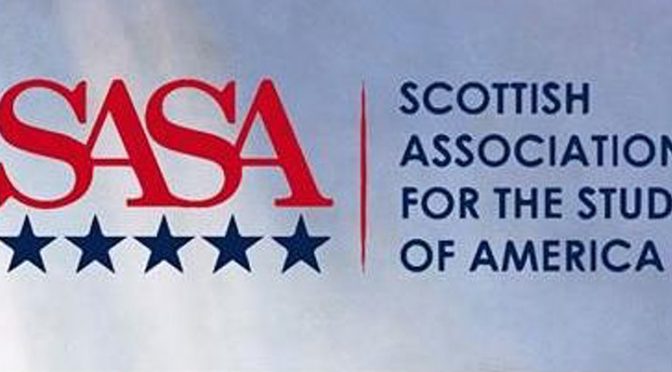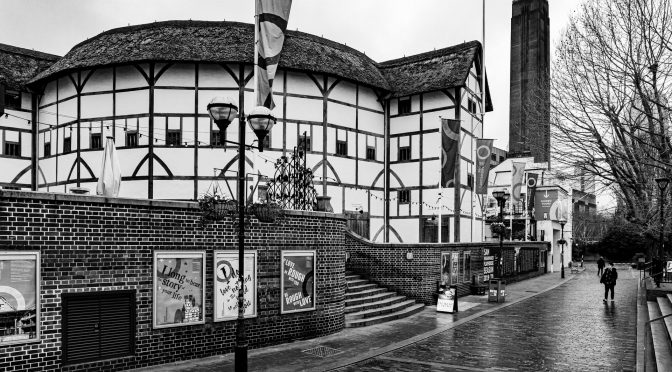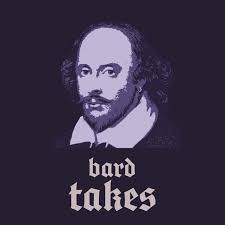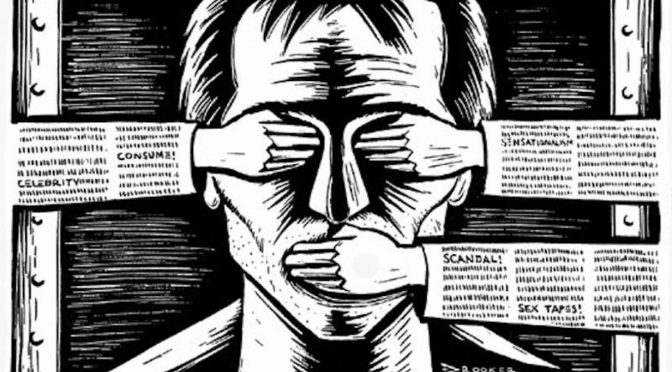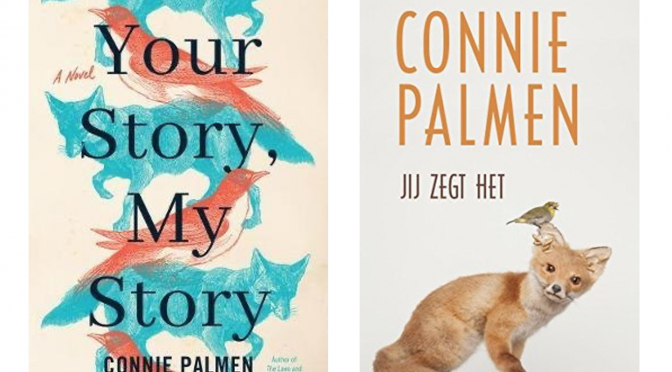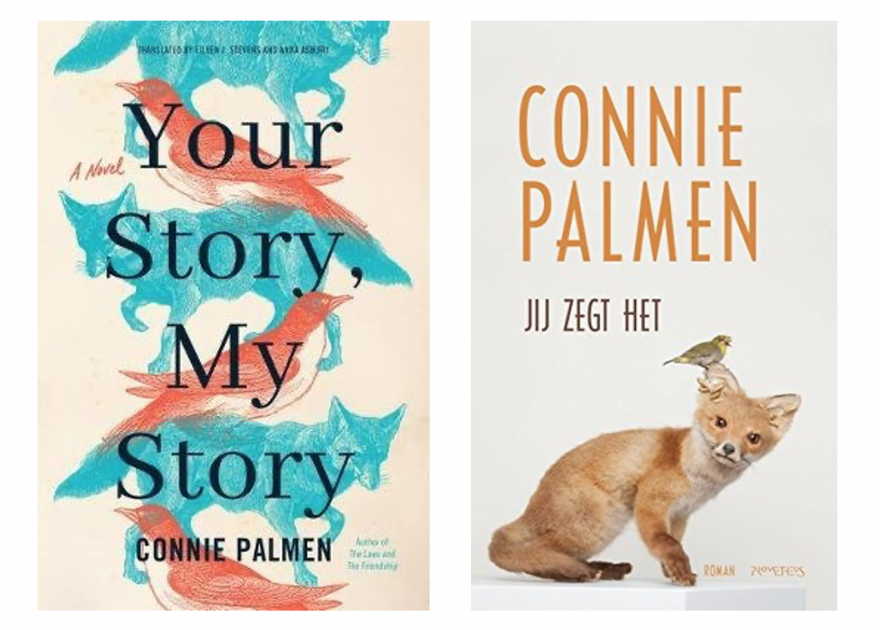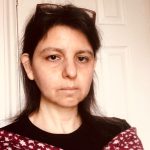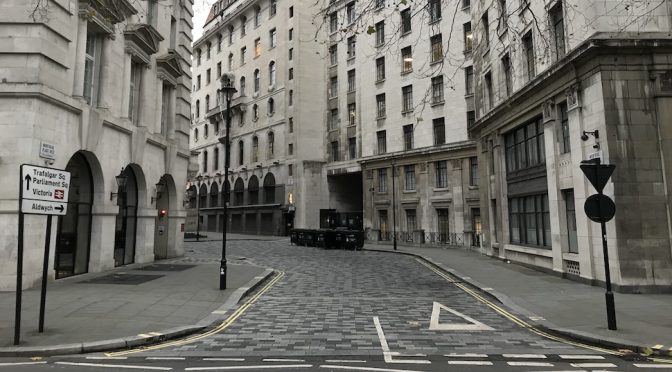By Professor Mark Turner, PGR Lead
It is a pleasure to announce to the KCL English community that the Scottish Association for the Study of America (SASA) has awarded the 2021 Ellen Craft Essay Prize to one of our PhD students, Katie Arthur, for her brilliant essay, ‘Arousing Disgust: Visceral Configurations of Obscenity through Literal, Literary, and Governmental Bodies in William S. Burroughs’ Naked Lunch (1959)’.

